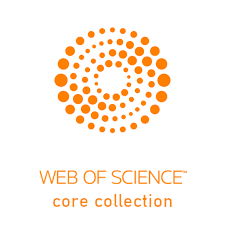Measurement and cost management practices
Research in accredited hospitals
DOI:
https://doi.org/10.22478/ufpb.2238-104X.2021v11nespecial.58343Abstract
Purpose: Identifying the measurement and cost management practices used by accredited hospitals in Brazil. Methodology: It uses as a strategy the survey, using a questionnaire as a technique of data collection. The sample has 85 valid responses, which represents 32% of accredited hospitals. The data, collected in 2018, were treated using the technique of descriptive statistics, with the aid of the Statistical Package for the Social Sciences (SPSS). Main findings: The most widely used measurement and cost management practices are full/integral absorption costing (not only restricting the allocation of costs themselves, but also considering expenses, except financial ones, for the composition of the product cost, and it can also be operationalized with departmentalization) and the contribution margin, while the least used are the homogeneous sections method (RKW), activity-based costing (ABC) and target costing. It appears that hospitals, in general, are satisfied with the cost information generated through their respective cost measurement and management practices. And 80% of hospitals agree that there has been an improvement in cost management with hospital accreditation. Academic and practical contributions: Academically, the work contributes to the theme by investigating which cost practices, both traditional and conventional, presented and discussed in the literature, are used, and in what degree of adoption, in accredited hospitals. As for the professional and practical context, the research contributes by providing a better vision and knowledge of what managers are using to manage costs in the hospital area, highlighting the most used practices, which may enable benchmarking possibilities.








